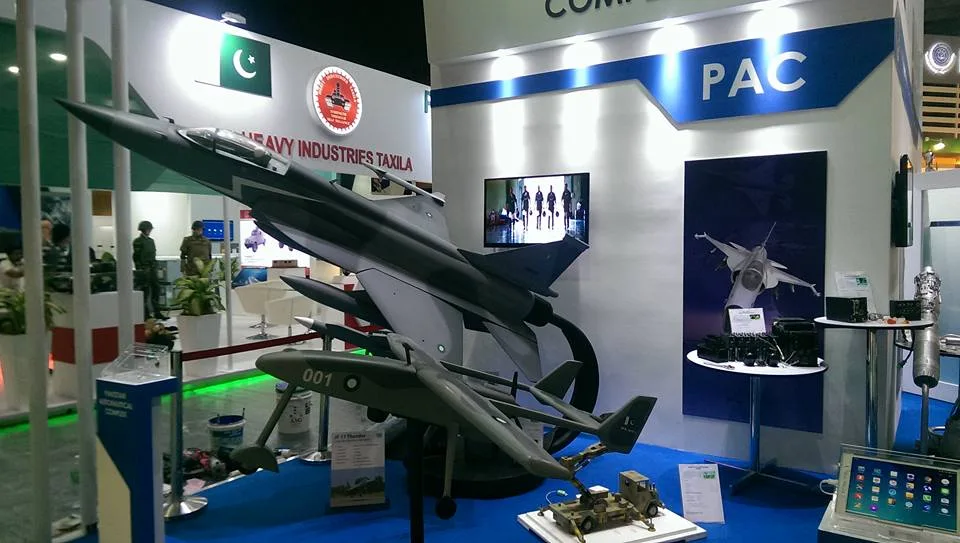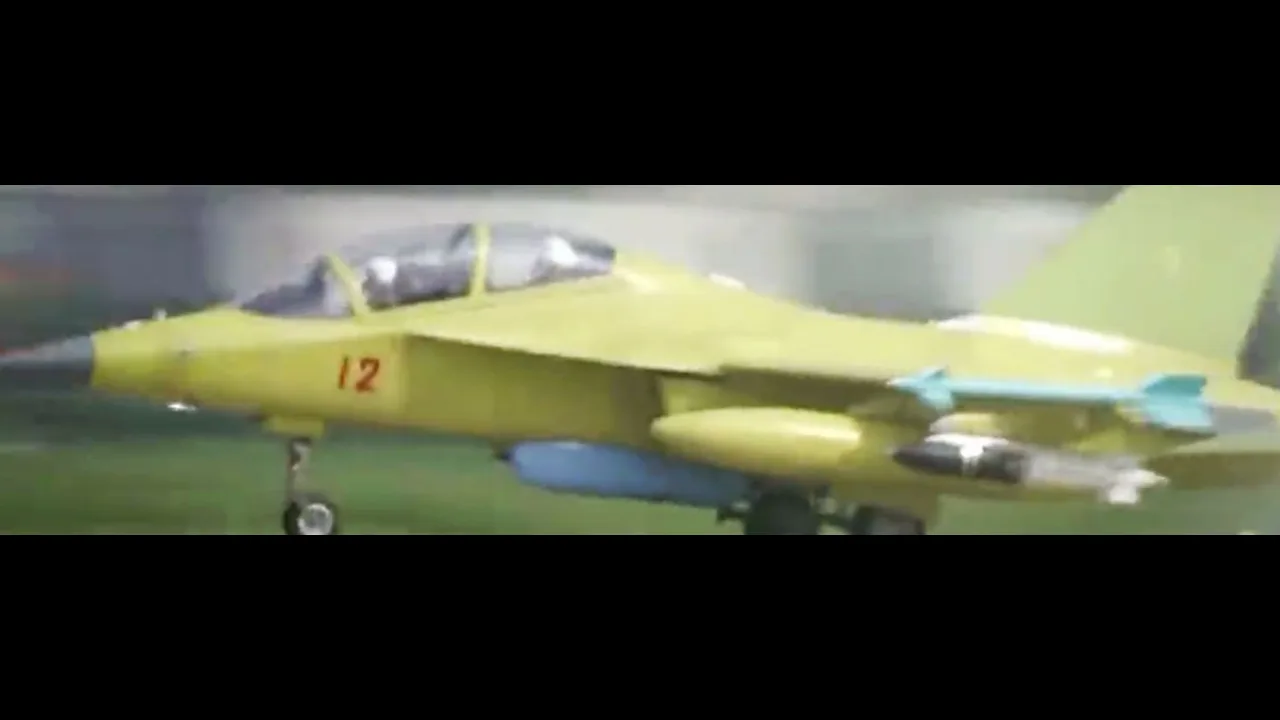2664Views 6Comments

HIT underperforming relative to capacity, requests changes
In a hearing with the Pakistani Senate’s Standing Committee on Defence Production, chaired by Senator and retired Lt. General Abdul Qayyum on November 30, Heavy Industries Taxila (HIT) outlined that its manufacturing output for al-Khalid main battle tanks (MBT) was below capacity and that it required, besides the timely dispersion of funding, approval to undertake commercial activity.
Despite having the capacity to roll-out 50 al-Khalid MBTs per year, HIT is only able to produce on average 18 each year due to “budgetary constraints.” It was not made clear if the fiscal constraints came from HIT not being paid from available procurement funding, or if the Army lacked procurement funding.
A recent visit to HIT by a Pakistani news broadcaster had shown HIT was producing a 22nd al-Khalid unit.
To help remedy the issue, the Committee recommended that the Ministry of Finance should transfer the allocated funding for domestic defence production directly to the Ministry of Defence Production (MoDP).
HIT also informed the Committee that HIT was not permitted to undertake independent commercial work.
Rather, HIT can only export from its surplus capacity after fulfilling domestic defence requirements. This could be an indication of HIT being interested in taking on product development that is not directed by the Army or local requirements, but focused for commercial bidding in foreign markets.
The Committee was also informed about the al-Khalid II MBT, the next-generation version of the al-Khalid.
HIT announced that it had begun development work of the tank, though it did not provide details of the timeline of major milestones (e.g. prototype, pilot production and serial production) or an insight into the Army’s long-term requirements regarding the al-Khalid II.
Notes & Comments:
Neither HIT or the Committee provided a reason for the funding shortfall. While Pakistan is generally not in a fiscally comfortable position, the production cost of 50 al-Khalid MBTs – approximating $150 million in total – is not beyond Pakistan’s means in absolute terms. The Committee’s recommendation for routing the funds directly to the MoDP suggets a red-tape or mismanagement issue.
HIT is Pakistan’s principal supplier of heavy and light-armoured vehicles for both armed forces and internal security requirements. In September, HIT officials revealed to the public that it was implementing a site modernization program that would see its tank manufacturing process automated with the use of robotics by June 2018 with adherence to the “latest international standards.”
Besides its marquee product, the al-Khalid-series of MBTs, HIT manufactures the Talha-series of armoured personnel carriers (APC), which are licensed copies of the M113 and 4-5-ton light armoured vehicles built upon commercial chassis. HIT also provides rebuild services for armoured vehicles and M109 tracked self-propelled howitzers. HIT can also forge barrels for 105 mm to 203 mm cannons, enabling it to produce the 125-mm smoothbore gun used by the al-Khalid and al-Zarrar (rebuilt and upgraded T-59) MBTs.
At Pakistan’s previous biennially-held defence exhibition, IDEAS 2016, an HIT official outlined to the media that the al Khalid II could be powered by a 1,500 hp engine (over the 1,200 hp diesel engine used by the al-Khalid MBT today). Turkish defence vendors Aselsan and Roketsan had also expressed interest in the al-Khalid II in the hopes of supplying electronics and ballistic armour technology, respectively, to Pakistan.[1]
[1] “Turkey-Pakistan Defence Relations Moving to Next Level.” MSI Turkish Defence Review. January 2017



6 Comments
by Jack More
“HIT announced that it had begun development work of the tank, though it
did not provide details of the timeline of major milestones”.They never provide these.The final product suddenly come out of nowhere being every single test successful.Great achievement i must say.
by Sami Shahid
Well the HIT signed an agreement with Ukraine to buy new powerful engines for Al-Khalid. HIT can buy remote controlled turrets from Turkey or Poland. So what’s the big deal ? Install new engine & remote controlled turret on Al-Khalid and make it Al-Khalid 2.
by Asif Khan_47
There is more to it than the fiscal issues associated with AK production. AK is facing technical issues which PA and HIT are not disclosing. Issues with power plant, turret, and ERA are pretty much there ever since HIT tried to take ownership of NORINCO’s MBT-2000. Look at images of AK of 1993 nothing has changed the design without improvements are the same.
by Steve
HIT should be supported in bidding for foreign contracts at the highest level. All other major defence equipment producers do it, including USA with the recent Saudi visit. Have we seen Abbasi and Bajwa promoting AK-II?
by Khalid Riaz
We are under investing in tanks and air-defence.
by Hashim Rasheed
There is a growing private infrastructure in Pakistan that is manufacturing some good quality products, as was seen in the IDEAS exhibition. HIT could embark on joint ventures with the private sector, especially in developing armored vehicles, and could showcase them internationally. There is a growing appetite of such vehicles all over the world.
Another option, albeit a costly one, would be to develop another similar facility in the country that could cater to increased local or international demand. A new venture in Baluchsitan would go a long way in bringing the province at par with other provinces, and create hundreds of employment opportunities, in addition to attracting investment from the private sector to create new products.